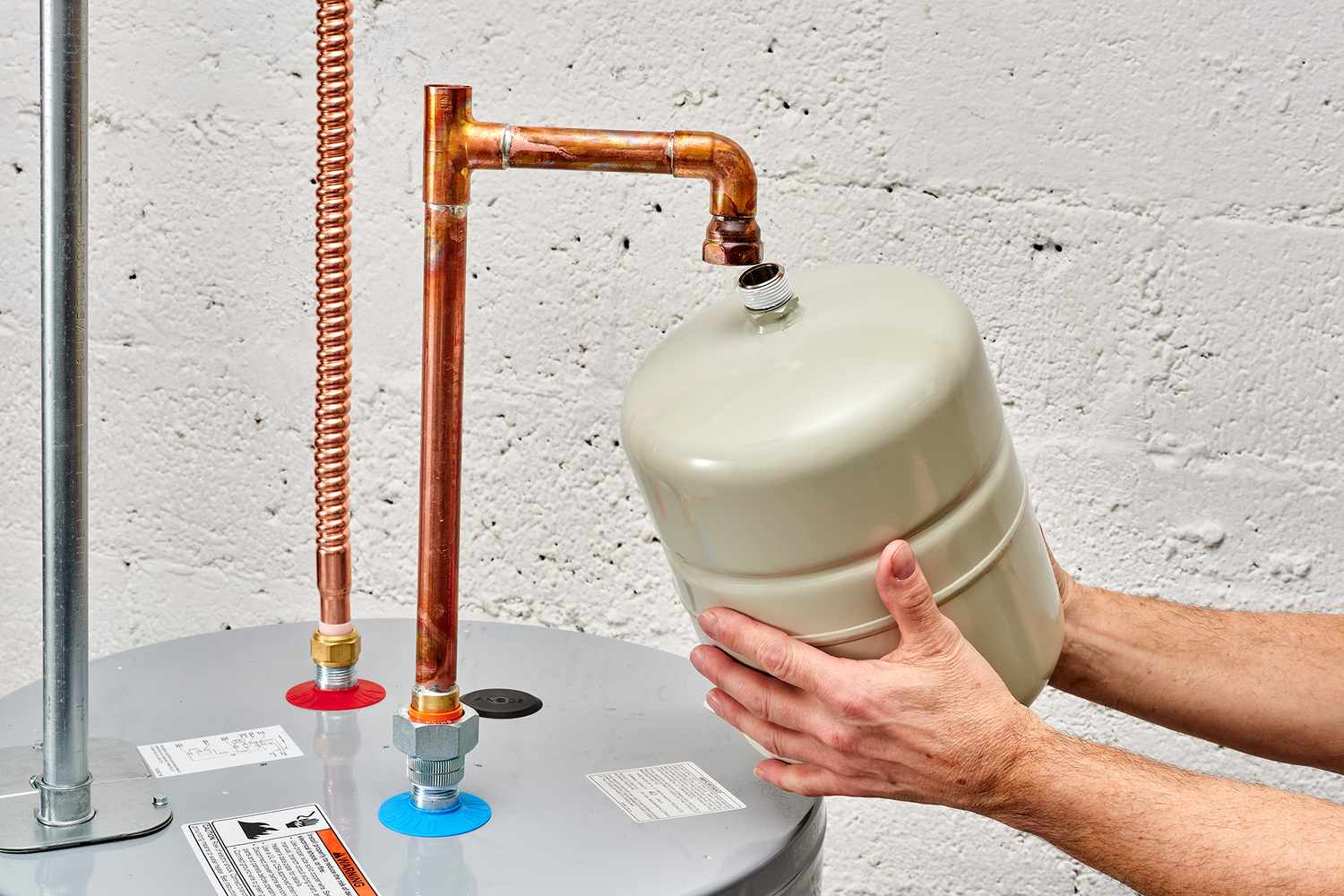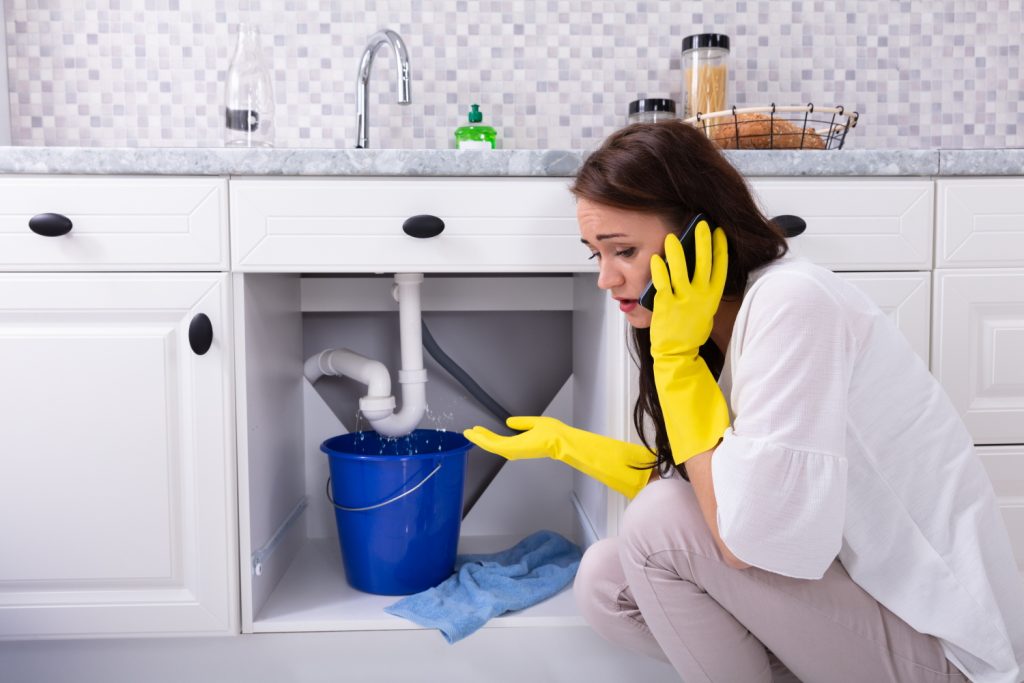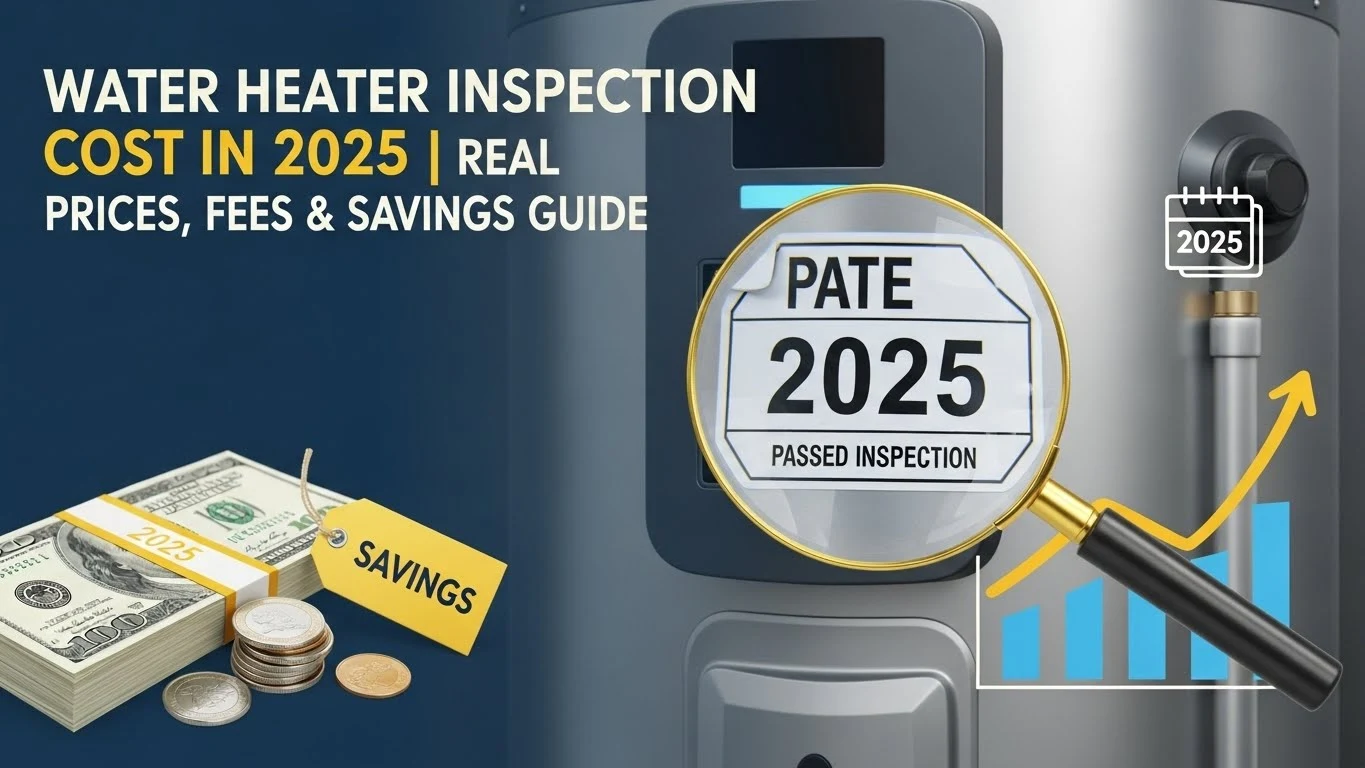If you have ever had a surprise cold shower on a winter morning, you know your hot water heater doesn’t last forever. But how long should it last? On average, a tank water heater will give you reliable service for about 10 to 15 years, while a tankless model often lasts up to 20 years with proper care.
Hybrid water heaters land somewhere in between. So, knowing your hot water heater lifespan helps you plan for repairs or replacements before an emergency strikes. You should understand that if you are maintaining your current system or choosing a new one, getting hold of the numbers gives you control. For detailed installation steps, you can check our guide on how to perfectly install a water heater in homes.
How Long Does Each Type of Water Heater Typically Last?
Not all water heaters retire at the same age as others; for example, the electric tank heater life differs from that of a tankless or hybrid model due to their design and wear patterns.
If you are choosing a new unit or planning maintenance, it helps to understand each system’s expected timeline. Here’s how tank vs tankless lifespan compares and where heat pump heater longevity fits in:
What Is the Lifespan of a Tank Water Heater?
A standard tank water heater typically lasts 10 to 15 years, but only if it’s maintained correctly. The models rely on a glass-lined tank and a sacrificial anode to prevent rust, and over time, that anode rod corrodes, sacrificing itself to protect the tank’s interior. Hence, replacing it every 3–5 years, along with regular tank heater flush frequency (usually once a year), helps prevent buildup and extends life. If your unit is reaching this age and showing signs of inefficiency or leaks, you may need expert inspection or servicing from a professional team like our Houston water heater repair specialists.
How Long Do Tankless Water Heaters Last?
A tankless water heater can operate efficiently for 20 years or more; its durability is mainly due to fewer corrosion points and its on-demand function. However, internal components like the copper heat exchanger and flow sensor need attention.
Routine tankless heater scale buildup removal, also known as heat exchanger maintenance, is of importance here. An annual descaling, especially in hard-water areas, preserves performance and extends service life.
What Is the Lifespan of Hybrid (Heat Pump) Heaters?
Hybrid water heaters are built with advanced heat-pump systems that can operate efficiently for up to 15 years, with seasonal filter checks. The innovative design blends a refrigerant coil and backup electric element for steady performance.
Thanks to their high-efficiency rating, these systems cut energy use to a greater degree. Still, to maintain top hybrid heater efficiency, regular heat pump maintenance is fundamental for maximising lifespan, especially filter and coil cleaning. If you’re considering hybrid system upgrades or replacements, you can explore our plumbing services in Katy for expert assistance and installation support.
What Factors Affect a Heater’s Lifespan?
Your hot water heater lifespan isn’t just about the years; it’s shaped by daily wear, local water quality, and how well you maintain it. Paying attention to factors like hard water damage, sediment buildup, or heater temperature effects can help you avoid early failure. Here are five practical things that determine how long your system lasts:
1. Water Quality & Hardness
Hard water contains minerals like calcium and magnesium that lead to internal scaling. Over time, this mineral buildup clogs pipes, reduces heating efficiency, and causes hard water damage to the unit’s lining.
Testing your water through city government water testing labs or using a Water Sense-certified softening system can notably reduce damage and extend your hot water heater lifespan.
2. Sediment Buildup
When water heats, it releases minerals that settle at the bottom of the tank; this sediment acts like a thermal blanket, forcing your heater to work harder and overheat; that’s why flushing the system once a year is recommended.
Scale buildup prevention through regular maintenance results in better heat transfer and protects your tank from premature wear and failure.
3. Temperature Settings
Many homeowners don’t realise that turning up the heat too high, especially beyond 120°F, can damage the unit because elevated temperatures speed up corrosion inside the tank and wear out the lining faster.
Proper heater temperature effects include reduced corrosion and lower energy bills. Experts recommend keeping it at 120°F or slightly below to protect your heater.
4. Maintenance Frequency
Routine inspections by a licensed plumber help identify early signs of trouble, like rusting or faulty components; one task is checking and replacing the anode rod every few years. A good heater maintenance frequency includes annual flushing, visual inspections, and valve testing. If you are someone who is skipping maintenance, it will shorten your hot water heater lifespan. If you’ve noticed inconsistent water pressure during inspections, it might be time to read our guide on what to do if you have low water pressure in your home.
5. Component Quality
Not all heaters are the same; some high-quality models from brands like Rheem, A.O. Smith, or Energy Star-certified units tend to last longer. Even if you’re replacing parts, using OEM or brand-approved components matters, as cheap fixes can cause long-term issues. Investing in durable, high-grade parts is a smart move to stretch out your hot water heater lifespan.
How Can Homeowners Extend Their Heater’s Life?
You don’t need to be a plumbing expert to extend your hot water heater lifespan. A few proactive habits can delay wear and help you avoid major repairs. Some of the below-mentioned smart heater maintenance tips work across all heater types tank, tankless, or hybrid.
- Replace sacrificial anode every 3–5 years
The anode rod replacement schedule is required to prevent rust inside the tank. A licensed plumber can check and swap it during routine service. If you are neglecting this step, it can lead to internal corrosion, which shortens the unit’s usable life.
- Flush the tank annually to remove sediment
Sediment buildup from minerals in your water can overheat and crack the tank lining. Performing an annual flush clears out debris and helps keep the system efficient. This is especially important in areas with hard water.
- Schedule a professional inspection every 2 years
An annual heater inspection by a certified technician or A.O. Smith service center helps catch small issues before they become costly. A trained eye ensures everything’s in safe working order, be it pressure valves or gas lines.
- Lower thermostat to 120°F
Reducing the temperature slightly not only saves energy but also minimizes wear on internal parts. It helps prevent scalding and extends your hot water heater lifespan by reducing overheating cycles.
- Install a water softener for hard water areas
Hard water accelerates scale buildup, especially in tankless and hybrid models. If you install a water softener system, it can drastically reduce mineral deposits. For more details, check our guide to water softeners.
When Should You Replace Your Water Heater?
The table below summarizes warning signs and replacement urgency.
| Sign | Cause | Action | Urgency |
| Rusty water | Internal Corrosion | Inspect tank + flush | Medium (within 6 months) |
| Leaking tank | Structural Failure | Replace Heater | High (immediately) |
| Clicking/Popping noise | Sediment Accumulation | Flush Tank | Medium (3 months) |
| No hot water | Element or Burner Issues | Diagnostic Service | High (within 1 week) |
Monitor these signs prompt action avoids emergency replacement.
How Much Does Replacing a Heater Cost?
Replacement cost depends on unit type, installation complexity, and accessories.
| Heater Type | Unit Cost | Labor & Permit | Total Range |
| Standard Tank (40–50 gal) | $800-$1200 | $600-$900 | $1,400-$2,100 |
| Tankless | $1,200-$2,500 | $800-$1500 | $2,000-$4,000 |
| Hybrid Heater | $1,500-$3,000 | $900-$1,600 | $2,500-$4,600 |
Use these ranges to budget and compare quotes confidently.
FAQs – Quick Answers About Heater Lifespan
How long does a hot water heater last?
A hot water heater’s lifespan varies depending on the type, maintenance, water quality, and usage patterns, but generally, a traditional tank-style heater lasts 10 to 12 years, while a tankless model can last 15 to 20 years or more with proper care.
Does flushing extend the heater’s lifespan?
Yes, flushing a water heater can extend its lifespan. Regular flushing removes sediment buildup and prevents corrosion, which can cause overheating, inefficiency, and damage to the tank. By removing these deposits, flushing helps the heater operate more efficiently and extend life by 2–5 years.
How often do you replace the sacrificial anode rod?
You should replace the sacrificial anode rod every 3–5 years, depending on water hardness, because anode rods corrode faster in hard water. If the water becomes rusty or the rod is 50% depleted, it is also an indication to replace the sacrificial anode rod.
Why does rusty water appear?
Rusty water from a hot water heater is a sign of corrosion inside the tank or within the hot water pipes, which can be caused by sediment buildup, the age of the heater, and the composition of the water itself.
Is tankless heater maintenance required?
Yes, tankless water heaters require maintenance. An annual flush will remove mineral buildup and an inspection of key components. It offers efficiency and longevity, which is crucial for optimal performance and to prevent potential issues.
Can I extend the warranty by maintenance?
No, you can not extend the warranty by maintenance. However, it is crucial for maintaining the warranty’s validity and increasing the lifespan of the unit. Manufacturers often require maintenance records to honor warranty claims.






